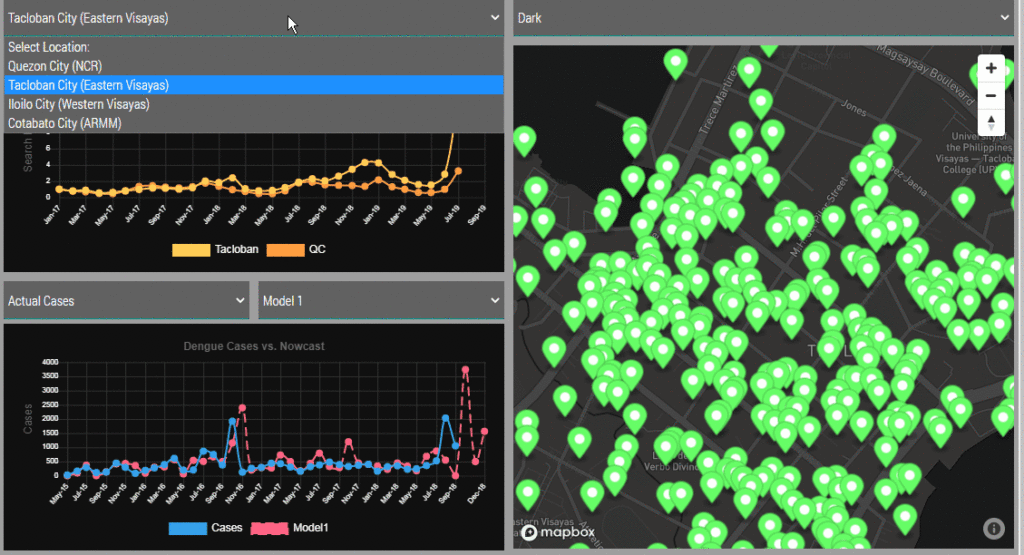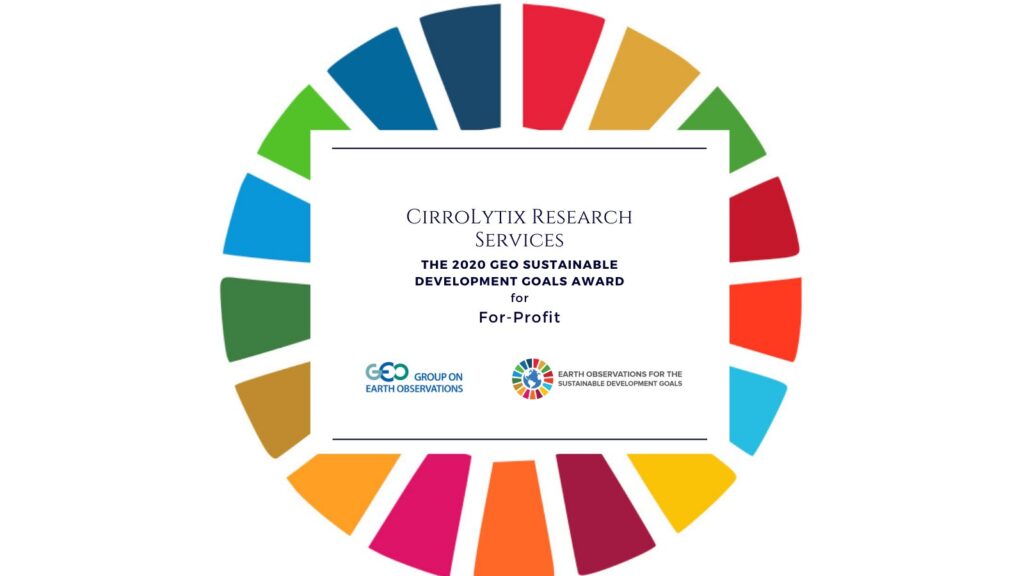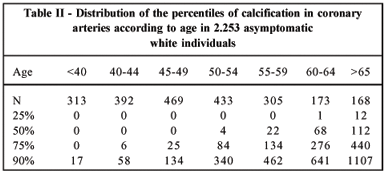MANILA, Philippines — A Filipino startup is recognized globally in developing a dengue hotspot prediction system using satellite and climate data in the 2020 Group on Earth Observations Sustainable Development Goals (GEO SDG) Awards for the Sectoral category, For-Profit. The GEO SDG Awards recognize the productivity, ingenuity, proficiency, novelty, and exemplary communications of results and experiences in the use of Earth observations to support sustainable development.
CirroLytix Research Services was formed to create social impact through big data. Through the application of machine learning, data engineering, remote sensing, and social listening, the Philippines-based data analytics firm hopes to help governments, researchers, non-government organizations (NGO), and social enterprises achieve positive change. The Advanced Early Dengue Prediction and Exploration Service (Project AEDES) is one of the CirroLytix’s flagship projects developed during the 2019 National Aeronautics and Space Administration’s (NASA) International Space Apps Challenge. It combines digital, climate, and remote sensing to nowcast dengue trends and detect mosquito habitats to help pre-empt cases of dengue. Project AEDES process leverages normalized difference vegetation index (NDVI), Fraction of absorbed photosynthetically active radiation (FAPAR), and normalized difference water index (NDWI) readings from Landsat and Sentinel-2 to estimate still water areas on the ground, which is correlated with dengue case counts from national health centers.

Dominic Vincent “Doc” Ligot, co-founder and chief technology officer of CirroLytix, describes Project AEDES as an “early detection of panics from online searches, anticipating case counts from environment readings, but most importantly pinpointing hotspots from mosquito habitat detection.”

